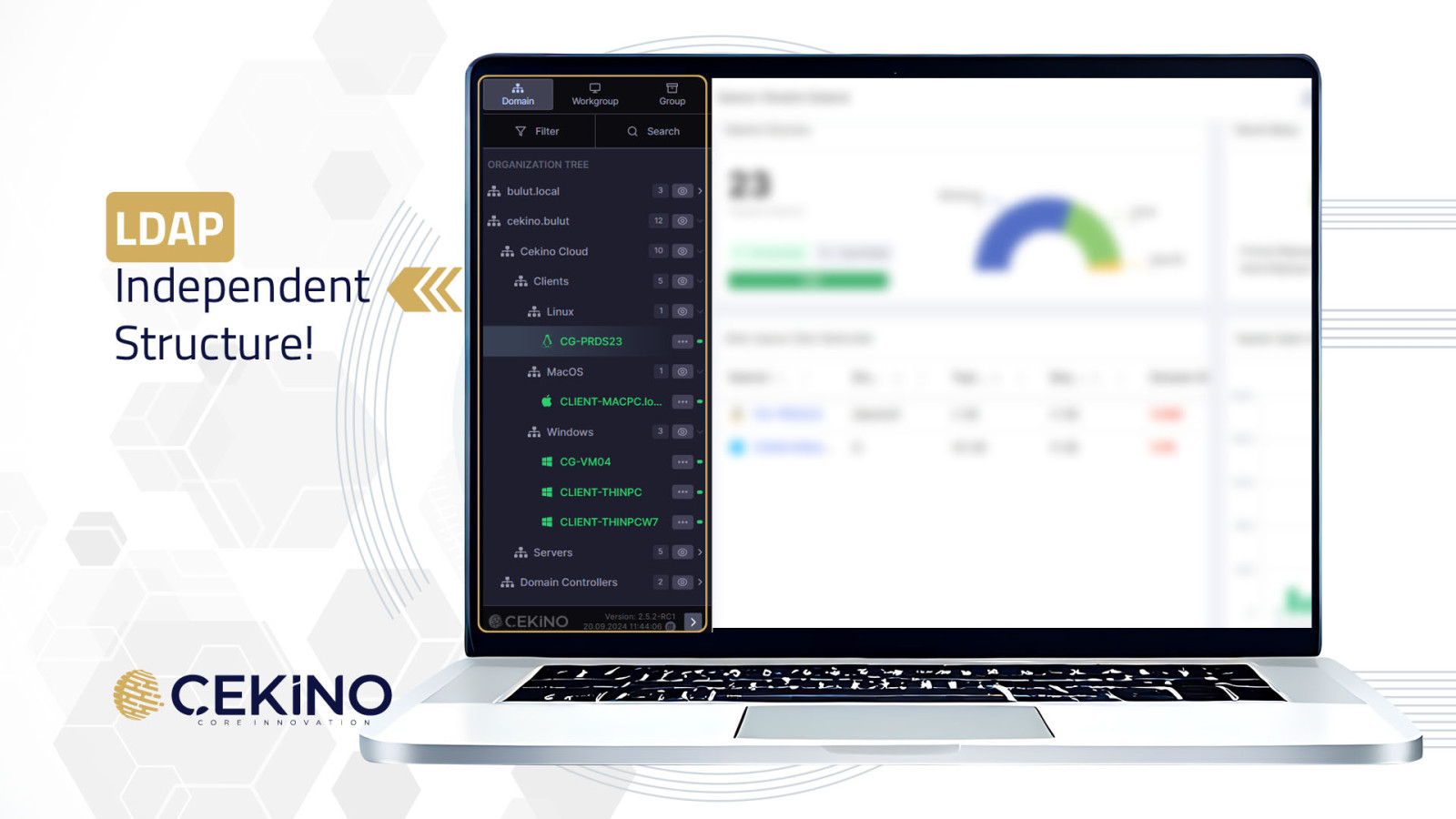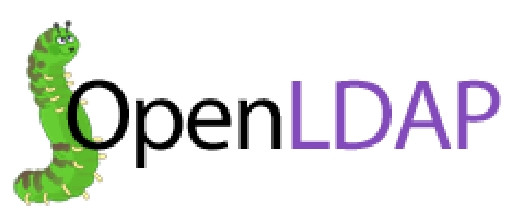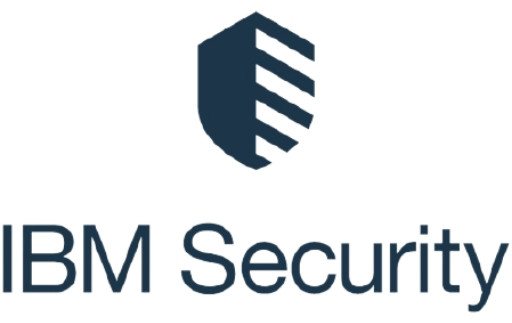Managing Information Faster and Easier with LDAP
LDAP is a lightweight and simple communication protocol used to store and share network resources and user information, commonly used for authentication, access control, and directory-based functions.


Overview
LDAP (Lightweight Directory Access Protocol) is a communication protocol used to store and share information about network resources, users, computers, and other resources. It is commonly used to access directory services. LDAP is designed for exchanging information among a series of servers and clients. It is widely used for user authentication, access control, directory services, and other directory-based functions. LDAP has gained wide acceptance due to its lightweight and simplicity and facilitates integration among various systems.
Benefits
Provides Flexibility and Compliance
The flexibility to choose the appropriate directory service for different use cases and business requirements ensures compatibility with various needs. AD is strong in Windows-based environments, while OpenLDAP is platform-independent. It offers broader compatibility with various applications and systems. Different directory services provide various integration points.
Ensures Security and Reliability
By using different directory services, redundancy is ensured in terms of security and accessibility in case one service fails. More flexible security configurations are created by setting appropriate security policies for different systems.
Increases Performance and Scalability
Distributing user and resource requests across different directory services prevents a single server from being overloaded and increases performance. As the business grows, scalability is achieved by using different directory services.
Optimizes Costs
Open-source solutions like OpenLDAP reduce licensing costs, providing cost-effectiveness. Commercial solutions like AD may incur additional costs for specific features. By optimizing the use of each directory service based on its advantages, unnecessary costs are avoided.
Provides Ease of Management and Maintenance
Different directory services offer management flexibility by adapting to centralized and distributed management models, depending on business needs. Various directory services simplify management with automation and integration tools.
Ensures Redundancy and Continuous Service
Using various directory services ensures business continuity in the event of service disruption. Problems in one directory service can be backed up by another, reducing the risk of data loss.
Offers Compliance and Regulations
By using various directory services, compliance is enhanced to meet different regulatory requirements. The right directory services are chosen to localize data storage requirements in specific geographic regions.
Provides Advanced Integration and Collaboration
By using different directory services, broader integration capabilities are provided with various business applications and systems. Access rights and collaboration environments are created according to the needs of different user groups.
Offers Advanced Analytics and Reporting
Data collected from different directory services allows for more comprehensive analysis and reporting. Monitoring and auditing security and access events become more effective with various directory services.
Important Advantage
Diversifying the use of directory services such as Active Directory and OpenLDAP offers many advantages such as flexibility, security, performance, cost-effectiveness, and ease of management. This approach helps businesses better meet dynamic needs and more effectively manage digital transformation processes.
Supported Technologies

Microsoft Active Directory (AD)
A comprehensive directory service widely used in Windows Server environments for user and resource management.

OpenLDAP
An open-source, platform-independent LDAP directory service commonly used in Linux and Unix-based systems.

Apache Directory
An open-source LDAP and X.500 directory service developed by the Apache Software Foundation.

Oracle Directory Server Enterprise Edition (ODSEE)
Oracle’s enterprise LDAP directory solution, formerly known as Sun Java System Directory Server.

IBM Security Directory Server
An LDAP directory service integrated into IBM’s enterprise security and identity management solutions.

Apple Open Directory
An LDAP directory service used for user and resource management, integrated with macOS.